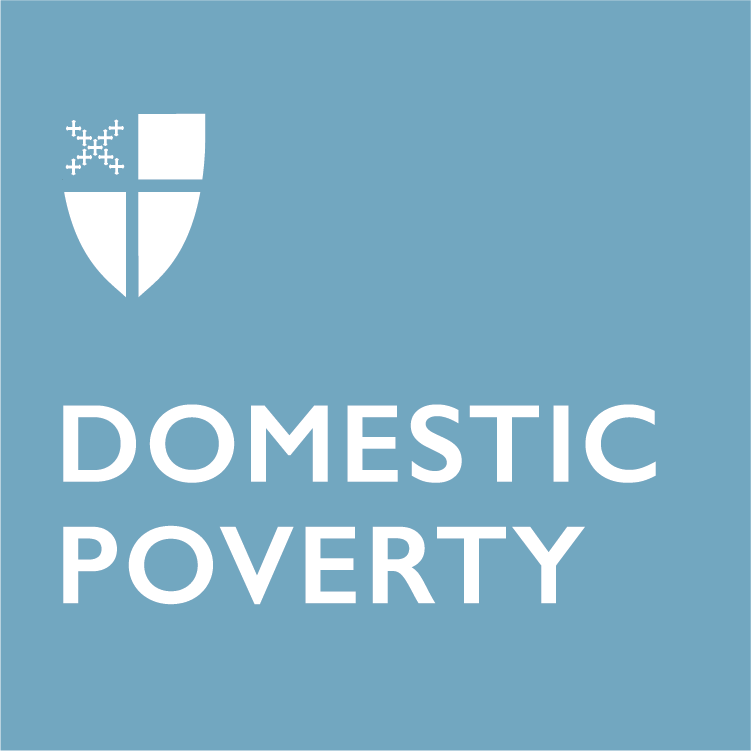This is the last in a series of posts about SewGreen@ Rochester (SGR), in the Episcopal Diocese of Rochester, New York. Read Part 1 here, Part 2 here, and Part 3 here.
SewGreen@Rochester, recipient of a 2015 Domestic Poverty Grant, has submitted their annual report. The $30,000 grant, awarded last year, exists to engage Episcopalians in ministry among the economically impoverished in the United States, to provide the opportunity to the marginalized to overcome chronic adversities, to challenge unjust structures that perpetuate the cycle of poverty and to inspire the wider church to more deeply engage with the poor. Their six-month report, detailed here, explains their progress through February 2016.
The Future of SewGreen
In previous posts, we have explored the background, challenges, and successes of SewGreen@ Rochester. In this last part of the series, we will discuss the future of the ministry and the individuals who have made it all possible.
Having taken stock of their particular momentum and place in the community, the people of SewGreen are looking at what might be next on the horizon. One of the goals that has come up throughout discernment is the formation of a design and production collaborative that takes advantage of the many designers the Spirit has led into the shop. Among the visitors are a dancer who is “feeling more positive energy in jewelry making.” Another is a young neighbor and father who recently bought a sewing machine to begin working on his own line of clothing. Yet another is a young woman with a rockabilly style, who has excelled at the dress form and draping class. Tiffany Terry, a designer mentioned in the first post in this series, has settled in Rochester and is re-energizing her design work.
Given the wealth of knowledge and passion represented in the shop’s clientele, it will be exciting to see what they discern for next steps. Perhaps Rochester’s storied past as a hub of clothing production could be revisited—this time, sustainably—with local labor and up-cycled materials. Deacon Georgia Carney, the director of SewGreen, offers a tagline: “Production work done with heart and humanity.”
Notes of Thanks
Deacon Carney included thanks for all of the volunteers that make the important ministry of SewGreen@ Rochester possible. Chief among those responsible for the ongoing success of the ministry is Patti Blaine, a postulant to the diaconate in the Diocese of Rochester. Patti has taken on half of the operation of SGR, which includes recruiting volunteers, managing the shop’s online presence, working in the shop, writing the bi-weekly newsletter, and offering yarn and guidance by the skein. According to Deacon Carney, she “calls the shop ‘my happy place,’ which reminds us that this ministry is a joy and not a burden to the right volunteers.”
She also notes that the work would be near impossible without Betsy Lewis and Tom Bohrer, laypeople from St. Stephen’s Episcopal Church. Betsy takes care of finance, works a full day in the each week, and leads the Saturday Sewing Workshop at St. Stephen’s. Tom has taught the puppet camp and is looking forward to taking on marionette construction and operation at the upcoming camp this month. They both are, as Carney explains, “leaders of the many saints who show up each week to keep our mission strong and growing.”
Carney also adds, in a note of thanks to the wider Episcopal Church, that “the Domestic Poverty Grant made all of this possible and continues to help us realize a dream of positive and productive community activity for all people.” She continues, “May God’s Kingdom continue to unfold right here and right now.”
This is the last in a four-part series about SewGreen@ Rochester, recipient of a 2015 Domestic Poverty Grant from The Episcopal Church. For more information, visit Domestic Poverty Ministries athttp://www.episcopalchurch.org/page/domestic-poverty-ministries and like and follow Jubilee and Domestic Poverty Ministries on Facebook at https://www.facebook.com/episcopaljubilee/ and Twitter at https://twitter.com/Matthew2537.
